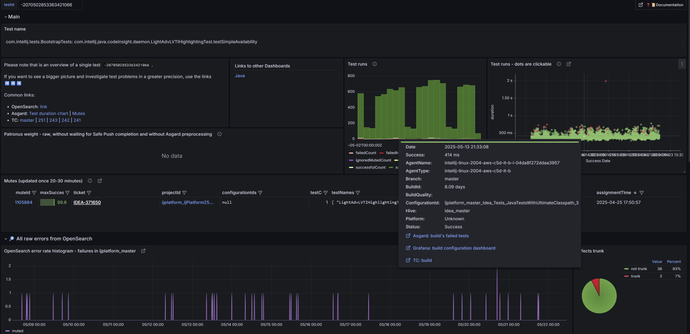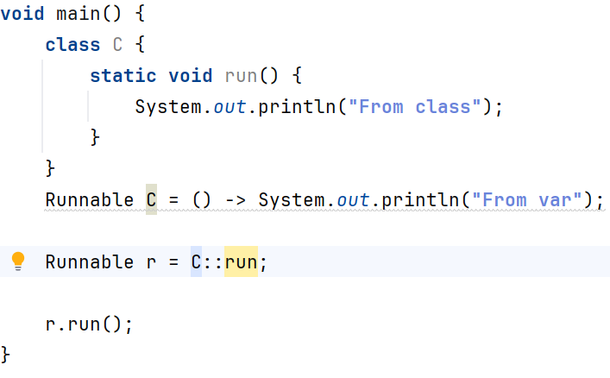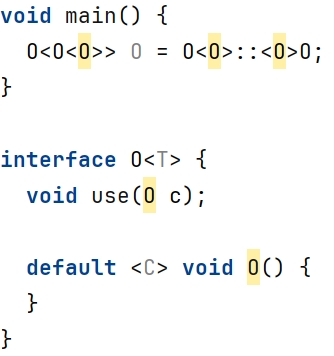#Java peers...the 2025 @intellij IDEA Conference is around the corner (June 3-4)! There's still time to register for this FREE virtual event: https://lp.jetbrains.com/intellij-idea-conf-2025/
Hear from host @maritvandijk and me as we kick things off to celebrate 30 YEARS OF JAVA!







